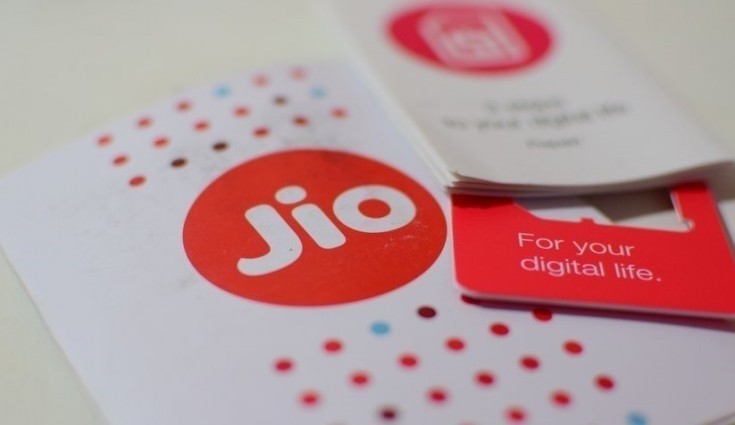Lockdown has shut shops across all sectors in India, and this includes the Indian telecom sector as well. We’re yet to see the latest industry reports but it’ll be fair to say that onboarding of new users to network would have been impossible for telecom operators during this period. Which is why, it’s likely that post the lockdown, since people wouldn’t want to visit the mobile store to sign up for a new SIM card, telcos will look to digitise their sign up process using eKYC (know your customer) model. “We’re looking at ways of how we can go online, which will be convenient for both consumers and telcos,” said Rajan Mathews, Director General, Cellular Operator Association of India (COAI).
Mathews mentioned COAI and telcos have been working with the Department of Telecom (DoT) and Ministry of Home Affair in India (MHA) to work out their concerns about using eKYC in the telecom space. He says the issue is not at the technological front, it’s more got to do with the security norms required to issue a new SIM.”The whole KYC for telecom has certain security implications, that is why we have stringent norms. We are working with DoT and MHA to work out some of their concerns,” Mathews added.
How will eKYC work?
As the term suggests, the registration process will be digitised, and a person will be asked to take his/her live photo, and share digital copies of their personal ID documents. “when we do digital KYC the person is required to take a live photo and share with the operator and make sure it has not been duped by somebody else. How you get good copy of the document and authenticate it. You have digital lockers to enable digital sign-ups and since it is approved by the Ministry, using them is one option,” he explained how the new process will change the business for telcos.
This will reduce the sign-in time from days to few minutes, allowing telcos to get more people to switch to the 4G network at the earliest. The new SIM will be delivered to the user at their doorstep, which reduces the cost for telcos to run their retail business as well. “We would like to go ahead with the model, especially since going online helps the telcos save on the cost of setting up physical space,” Mathews pointed out.
The eKYC process has been tried out in the banking and finance sector by firms like Ameyo and IDfy and Signzy among others, who believe businesses can reduce the onboarding process time from 48 hours to as low as three minutes. It’s possible that Airtel, Vodafone or Jio will be using their expertise to issue new SIM cards in the coming months.
Mathews says currently, the Indian telcos are focused on making sure they can manage the network usage surge of consumers and offer them interrupted service, but it’s likely that by end of 2020, this new process will be integrated by the telecom industry. “We’re hoping to make this part of the process by end of the year,” he adds.
SIM delivery by Zomato?
But more than anything else, what really intrigued us that once the eKYC of a person is completed and authenticated, the SIM will be home delivered. And Mathews believes with the advent of delivery services picking up since the lockdown, it wouldn’t be surprising to see regular delivery channels be used for SIM cards as well. “We can look at BlueDart, FedEx or even food delivery platforms to provide SIM delivery as well. This could be a win-win for both the telcos and the delivery firm.”
It’ll be interesting to see if these innovative and digital business models can help telcos in the country with new subscribers in the near future.


